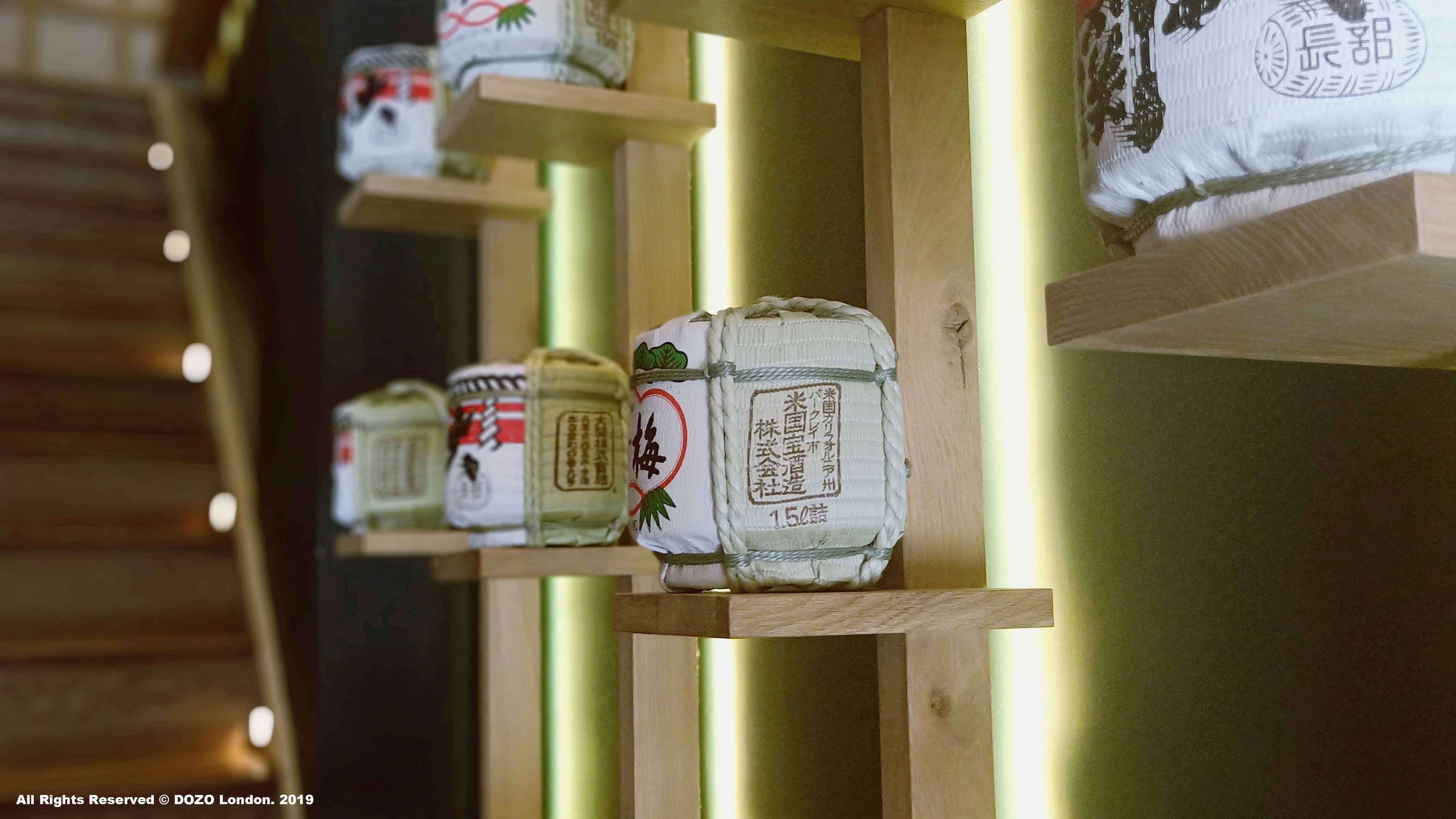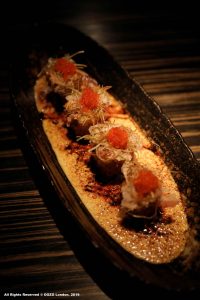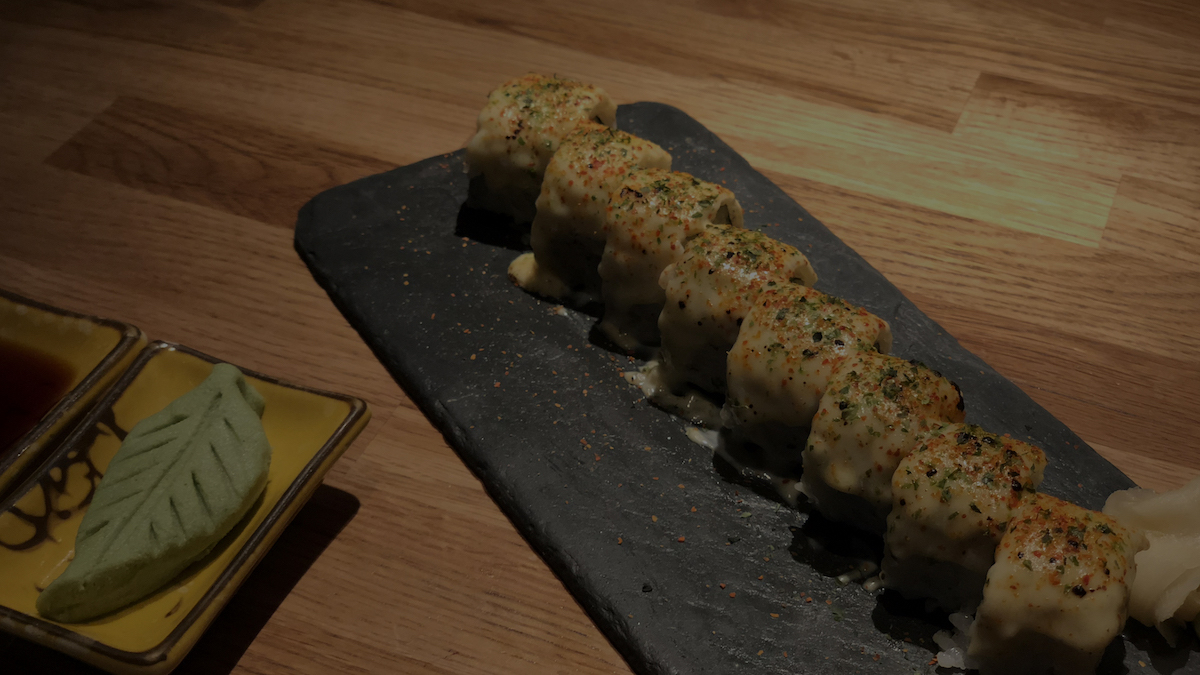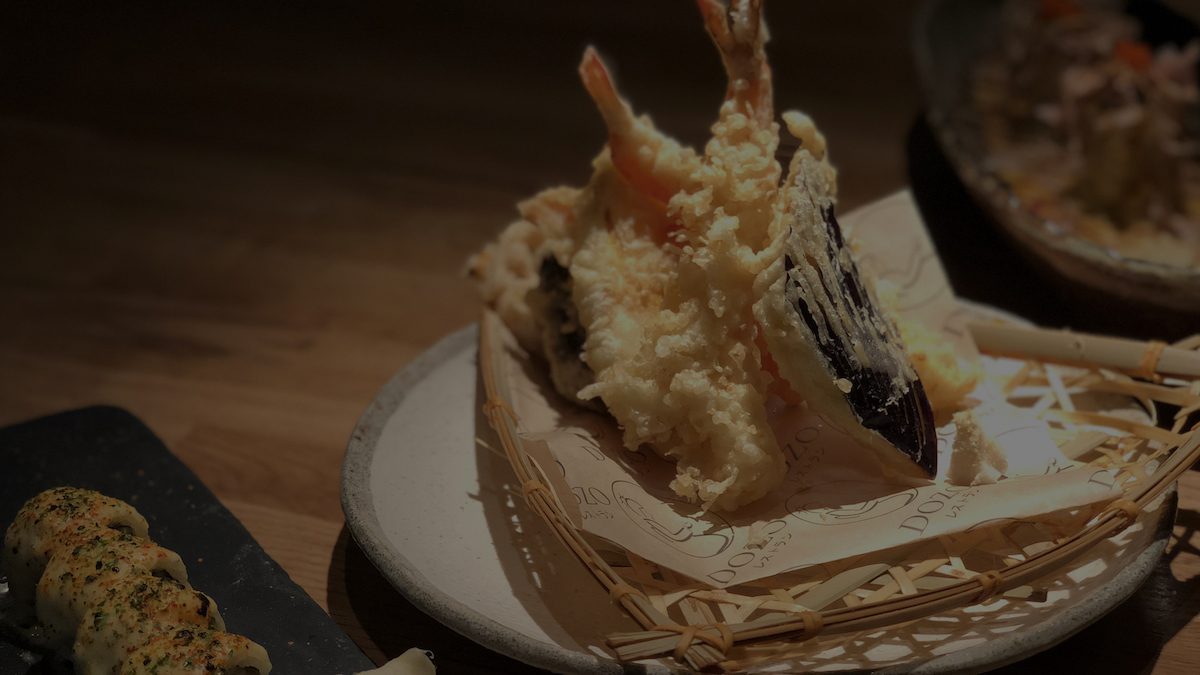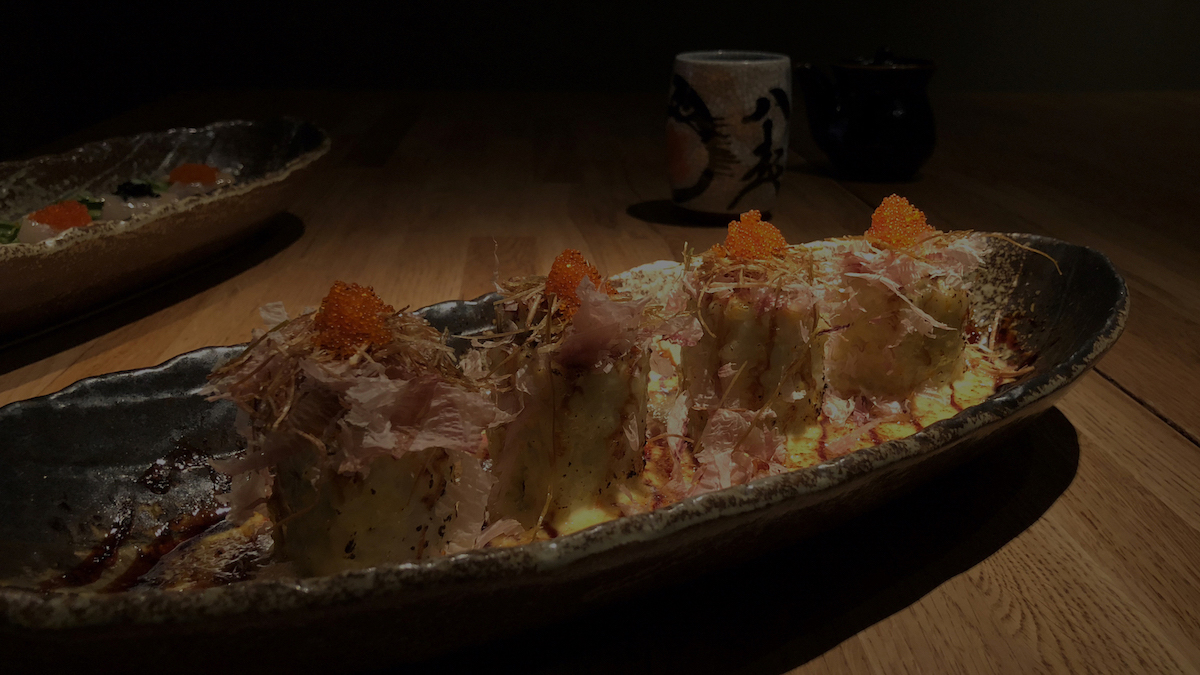Introduction:
Nestled amidst rolling hills and ancient castles, the United Kingdom is a land of diverse landscapes and rich cultural heritage. As the heart of this cultural mosaic, British cuisine reflects a fascinating journey through history, blending tradition with innovation to create a culinary tapestry that is as diverse as the nation itself.
I. The Early Influences:
The roots of British gastronomy trace back to ancient times, where Celtic and Roman influences left an indelible mark on the culinary landscape. The Romans introduced spices, fruits, and herbs, while the Celts contributed their knowledge of farming and livestock. This fusion laid the foundation for the hearty and robust flavors that characterize traditional British fare.
II. Medieval Feasts and Renaissance Refinement:
The Middle Ages ushered in an era of grand feasts and opulent banquets, where nobility indulged in extravagant displays of culinary prowess. The Tudor period witnessed the arrival of new ingredients from the New World, such as potatoes and tomatoes, transforming the gastronomic landscape. The Renaissance brought a refinement to cooking techniques, and the royal court became a melting pot of culinary experimentation.
III. The Age of Exploration:
With the expansion of the British Empire, the nation’s palate expanded as well. The spice trade brought exotic flavors from the East, and tea became a cherished beverage. Colonial influences introduced dishes like curry, forever altering the culinary identity of the British Isles.
IV. Industrial Revolution and the Rise of Pub Culture:
The Industrial Revolution brought about significant social changes, leading to the rise of urbanization and the emergence of the working class. Pubs became community hubs, and classic pub fare, such as fish and chips, meat pies, and hearty stews, became staples of the British diet.
V. World Wars and Rationing:
The hardships of the World Wars gave rise to rationing, forcing Britons to get creative with limited resources. This era saw the birth of inventive dishes like spam fritters and Woolton pie, highlighting the resilience of the British spirit in the face of adversity.
VI. Post-War Renaissance:
The post-war period witnessed a resurgence of interest in traditional British cuisine, coupled with an openness to global influences. Celebrity chefs like Jamie Oliver and Gordon Ramsay played pivotal roles in elevating British food on the international stage, bringing innovation and a renewed focus on fresh, locally sourced ingredients.
VII. Modern British Cuisine:
Today, British cuisine is a vibrant tapestry woven with global threads. From traditional favorites like roast beef with Yorkshire pudding to contemporary creations like black pudding Scotch eggs, the culinary landscape continues to evolve. The farm-to-table movement has gained momentum, emphasizing sustainability and the celebration of local produce.
Conclusion:
British gastronomy is a captivating journey through time, reflecting the ebb and flow of history, trade, and cultural exchange. From medieval banquets to modern culinary innovation, the story of British food is one of resilience, adaptation, and a celebration of the diverse influences that have shaped this island nation’s palate. As the world continues to evolve, so too will the culinary traditions of the United Kingdom, ensuring that the rich tapestry of British gastronomy remains a source of delight for generations to come.

